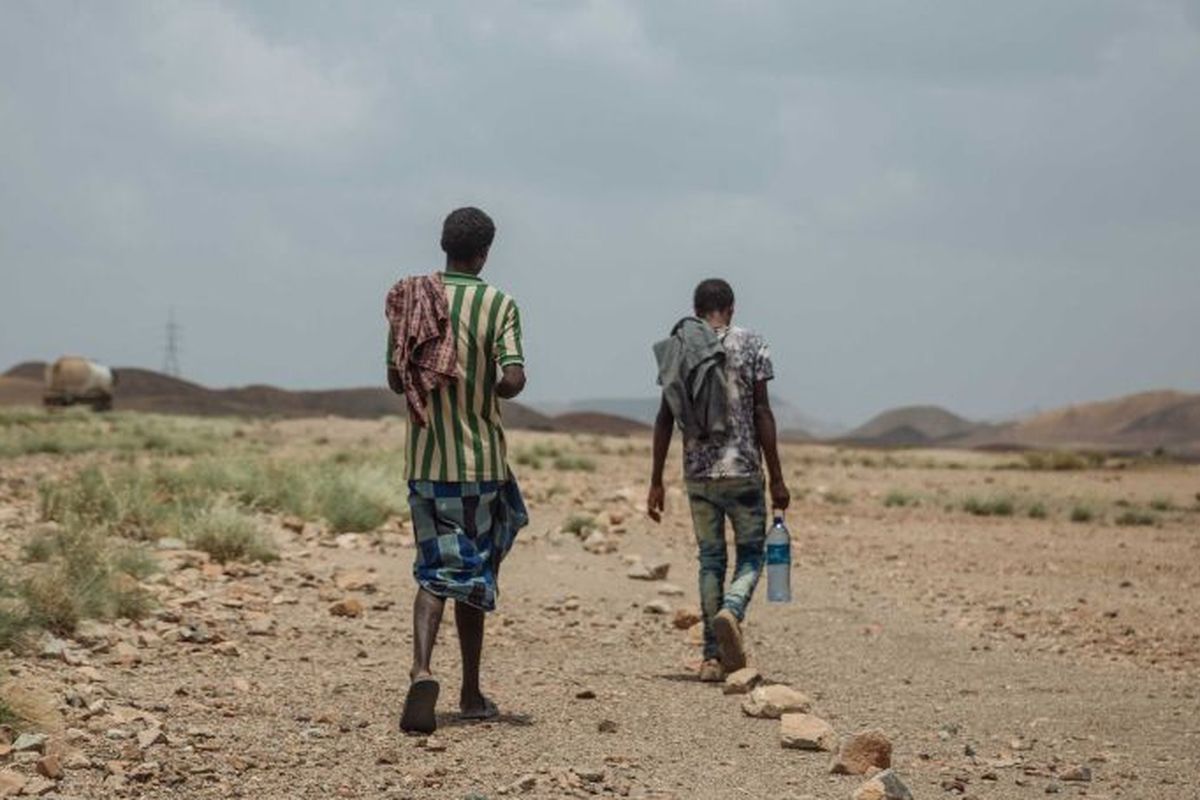Ex-Smugglers Find Few Benefits of EU Funds to Curb African Migration

AGADEZ, KOMPAS.com – EU effort to counter African migration has left former smugglers empty-handed as funding is slow to trickle in.
Before the EU’s measures, Andrew Chani earned thousands of dollars per month driving migrants bound for Europe from Niger’s desert trading hub of Agadez to Libya.
That all stopped in 2016 when police in Niger impounded two of his white pick-up trucks as part of the EU’s African migration program.
Read also: EU Relocates Asylum Seekers to Germany and Finland
So Chani, 44, applied for 2.5 million CFA francs ($4,511) in aid from a European Union (EU)-funded program to start trucking agricultural produce to neighboring Algeria.
He never heard back, he said, so briefly turned to drug smuggling to support his family. Now he scrapes by growing onions, he said.
Chani is one of many would-be entrepreneurs in this ancient city, long a launch point for northbound travelers, to seek support from the vast EU fund, established in 2015 to address the root causes of illegal migration to Europe.
A spike in migration from sub-Saharan Africa in the last decade has proved deadly to thousands and created a refugee crisis in countries like Italy and Spain.
Yet the EU money has been slow to arrive: Only half the 4.7 billion euros ($5.5 billion) from the Emergency Trust Fund for Africa (EUTF) approved over the last five years has been distributed, according to statistics on the fund’s website.
"It is frustrating that the help is so late," Mohamed Agali, head of migration at the Regional Council of Agadez, the local governing body, told Reuters, referring to the money Chani sought.
"The EU wants to stop migration, but to do that you need to help the people recover. Without that, they will have to try something else."
An EU official familiar with the program said the rollout in Agadez was “in line with the timings for EU processes.”
The official, who declined to be named, citing EU protocol, also said it took Agadez authorities longer than expected to draw up a list of potential beneficiaries, evaluate their proposals and purchase goods.
The authorities did not respond to requests for comment.
Under EU rules, local officials buy merchandise and equipment for EUTF beneficiaries. They are not allowed to receive cash.
The Agadez business proposals were submitted for approval to a committee including local authorities, aid groups and ex-traffickers — not EU representatives.
Some phases of the EUTF program were delayed by the coronavirus pandemic, the official said. But that did not affect Chani and many other Agape residents who applied long before the outbreak.
Migration crisis


































